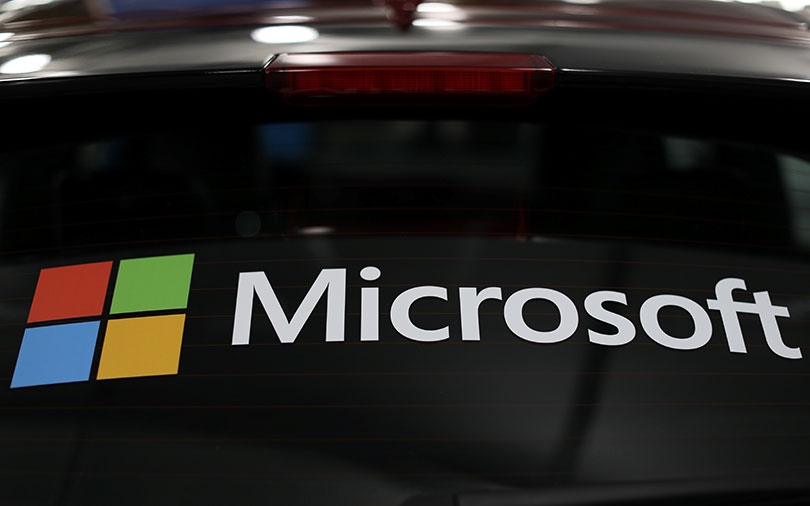
Microsoft lures enterprises with offer to buy out existing cloud storage contracts


Technology giant Microsoft is effectively offering to buy out existing cloud storage contracts of prospective customers if they switch to its own offering, OneDrive for Business.
“We are making it easier for new customers to make the switch by offering free OneDrive for Business for the remaining term of their existing contract with Box, Dropbox, or Google,” Ron Markezich, corporate vice president for Microsoft, wrote in a blog post.
The offer is valid between now and June 30 for organisations that currently do not use OneDrive for Business or Office 365. These organisations also need to commit a minimum of 500 users.

New customers opting for OneDrive for Business will also get access to Microsoft FastTrack – its customer success service – which will help with migration and documentation.
According to a TechCrunch report, Microsoft currently has 350,000 enterprises using its software.
Microsoft’s offer assumes significance in the wake of a Bloomberg report which claimed that rival firm cloud storage firm Dropbox has filed for an initial public offering (IPO).

As of August last year, Dropbox reportedly had 500 million users, with 200,000 businesses on board. Another rival, Box, has close to 80,000 paid customers including enterprises and governments.
Satya Nadella-led Microsoft had earlier announced new features on OneDrive such as secure external file sharing, a files-on-demand feature that doesn’t use local disk space, multi-geo capabilities for multinational organisations, real-time co-authoring of Office files, and drag-and-drop on iOS.
Microsoft’s hybrid cloud strategy seems to be paying off as it topped Jeff Bezos-led Amazon’s cloud services arm in revenue for the quarter ended December and through 2017.

Amazon Web Services (AWS) garnered $5.11 billion in revenue for its fiscal fourth quarter ended 31 December 2017 and $17.46 billion in the entire 2017. Microsoft reported revenue of $5.3 billion for the October-December period, its fiscal second quarter, taking the company’s total revenue for 2017 to $18.6 billion.
